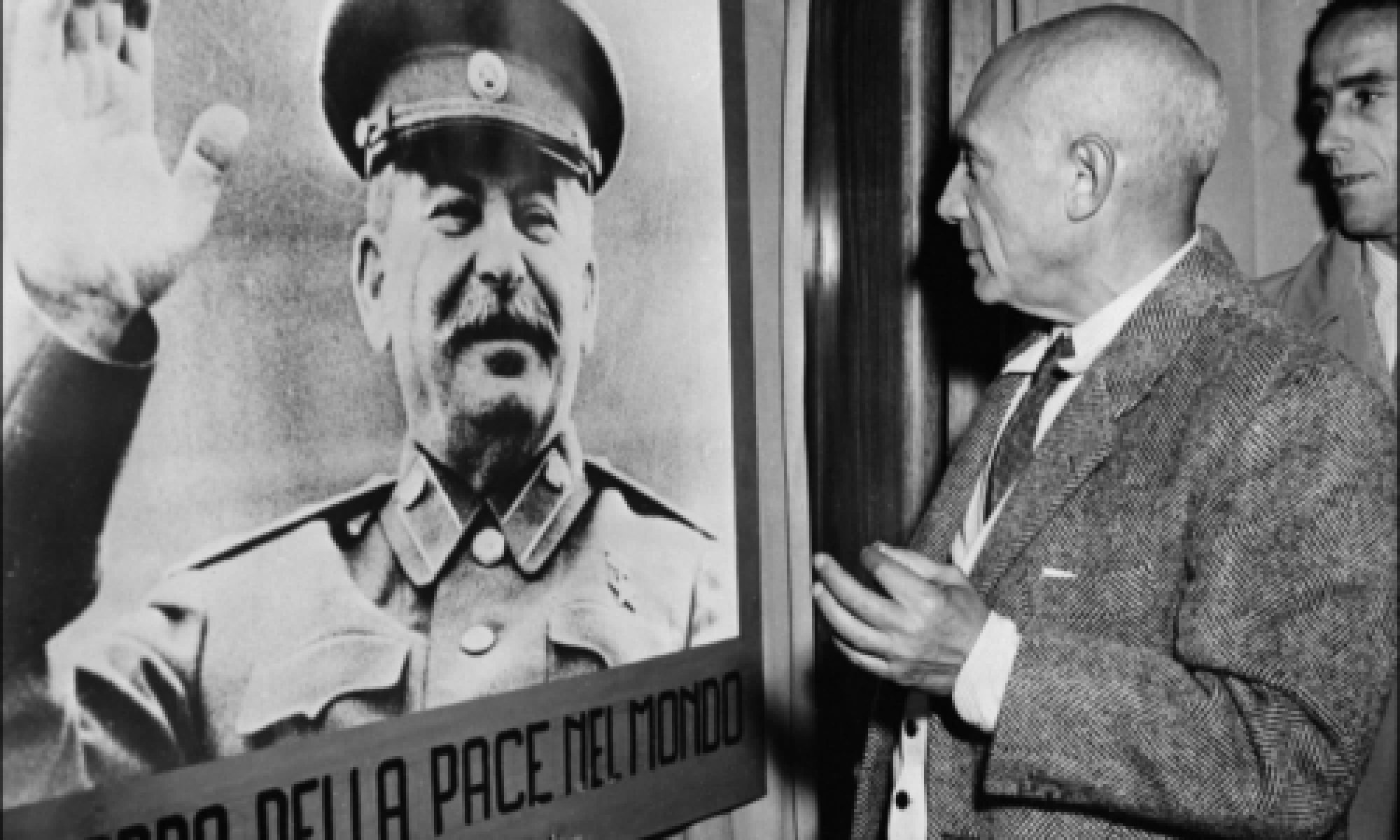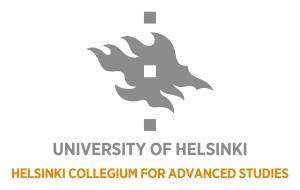Helsinki Collegium for Advanced Studies
The Aleksanteri Institute
Political History, University of Helsinki
13-14 June 2019
Poputchiki: Fellow-Travellers and ‘Useful Idiots’ from Lenin to Putin
Communist fellow-travellers (Poputchiki) are reviled figures of 20th century history. Most venomously criticized are those western intellectuals who flocked to the Soviet Union and returned with glowing reports of a utopia under construction. Blind to the brutal realities of Soviet communism, they provided intellectual cover for Stalin’s mass terror.
According to John Gray, these apologists for the Soviet Union – these useful idiots, as Lenin reputedly called them – believed they were in the vanguard of history, members of an elite that would preside over a new, post-capitalist order. As Gray also pointed out, fellow-travellerdom did not die with the collapse of the Soviet bloc. Indeed, the 21stcentury has seen the emergence of a substantial group of what Germans call Putinverstehers – sympathizers with Putin’s Russia.
Those with political axes to grind have generated much of the critical commentary on fellow-travellers. But as Michael David-Fox has argued, “the story of the fellow-travellers is far more than one of latter-day political kowtowing,” Fellow-travellers were not as willfully blind as they are often deemed to be. They made conscious choices about what they said in public as part of a trade-off to influence their communist hosts. The role of a fellow-traveller was a negotiated one and its performance fraught with tension and contradiction.
Much research on fellow-travellers has focused on the Soviet Union during the interwar period. Yet the peak of the fellow-traveller phenomenon occurred after the Second World War. Indeed, the attractions of communism increased considerably when the mass repressions of the Stalin era gave way to a much softer and porous authoritarianism. Especially important were the activities of fellow-travellers associated with organizations such as the World Peace Council, the World Federation of Democratic Women and the International Organization of Journalists.
Fellow-travellers typicallysaw themselves as loyal but critical friends of the USSR. As Nobel Laureate, Frédéric Joliot-Curie, the President of the World Peace Council, said: “loyalty was a good thing in friendship but in politics, as in science, to have faith is not enough, one must also think.” And while some fellow-travellers were virtually indistinguishable from card-carrying communists, other individuals and groups sought an independent path through the polarizations of the cold war.
The speakers at this event are top American and European scholars of the history and politics of fellow-travellers. Their archive-based research presentations will seek to capture the topic in all its complexity and contradiction, from the 1920s to the present-day.

